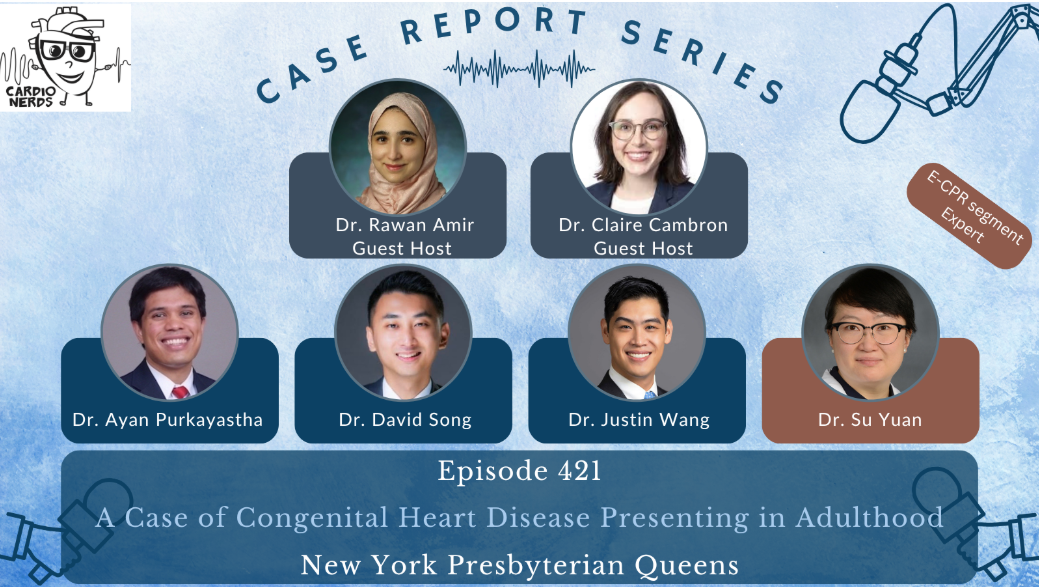
Cardiology
Advertisement
Study finds diet-driven gut changes could improve hypertension control in older adults.
New NIH-backed research aims to safely gene-edit HCM, the world’s most common—and often undiagnosed—genetic heart ...
A new tech-based system flagged poor BP med use but didn’t improve adherence or lower BP more than usual care.
Genetic study uncovers fat metabolism genes that may explain the link between NAFLD and coronary artery disease.
SGLT2i use remains low in US heart failure care, despite proven benefits, with wide variation across clinics.
Deep dive into STEMI shock with Dr. Burkhoff, using PV loops and real-time hemodynamics to guide MCS decisions.
AHA says alcohol’s heart effects are complex, warns against heavy use, and urges more rigorous, unbiased research.
Women with lower perceived social status show early signs of heart stress, a risk not seen in men, new research finds.
Aldosterone may be the hidden culprit in hard-to-treat hypertension, offering new hope for targeted therapies.
AI is transforming cardiac imaging with faster diagnoses, better accuracy, and new insights into disease prediction.
Combining valve replacement and ATTR-CA drug therapy significantly improves survival in older adults with aortic stenosis.
Blocking IDO1 restores cholesterol processing, offering a new path to treat heart disease, diabetes, and more.
Chest pain in a 53-year-old leads to a surprising diagnosis: congenitally corrected transposition of the great arteries.
Autopsy study links heavy metal buildup in arteries to atherosclerosis, offering new clues to heart disease risk.
Former elite rowers face a 7x higher risk of AFib, despite excellent fitness—underscoring the need for heart screening.
Dual PET/MR imaging enables precise diagnosis and cardiac risk assessment in patients with primary aldosteronism.
PSG and clinical markers help predict arteriosclerosis risk in patients with OSAHS and hypertension.
Poor cardiovascular health before pregnancy may raise risk for both gestational diabetes and future cardiovascular disease.
Hypoxia disrupts BP regulation and nerve activity, even in healthy individuals.
GORE TAG TBE receives FDA nod for Zones 0–1, expanding minimally invasive repair options for aortic arch lesions.





















 © 2025 Mashup Media, LLC, a Formedics Property. All Rights Reserved.
© 2025 Mashup Media, LLC, a Formedics Property. All Rights Reserved.